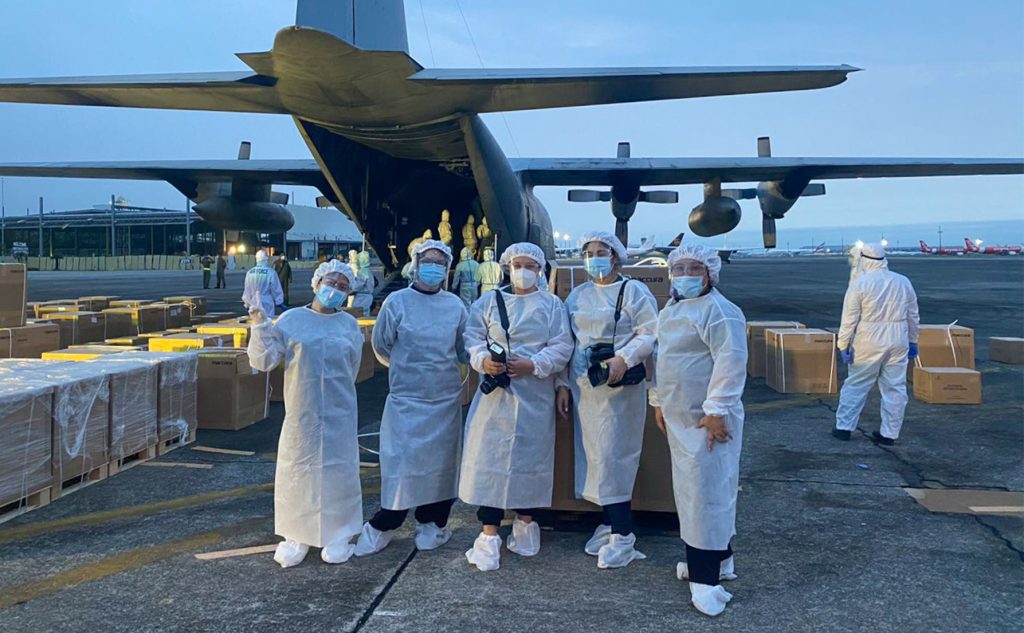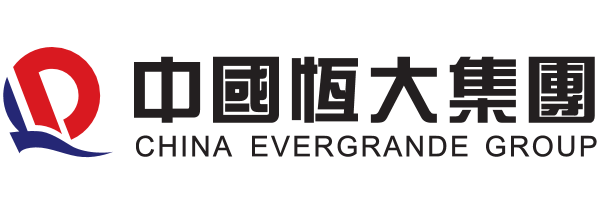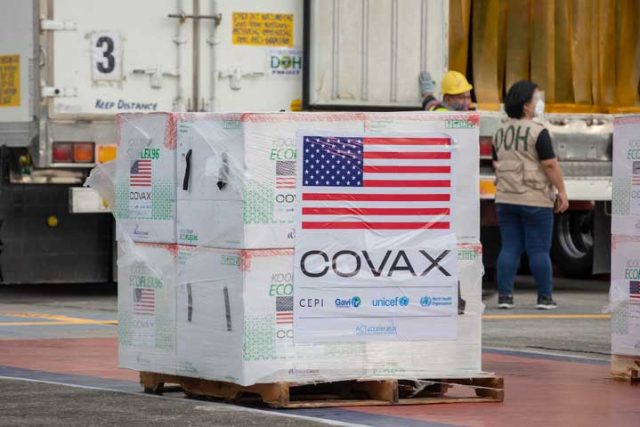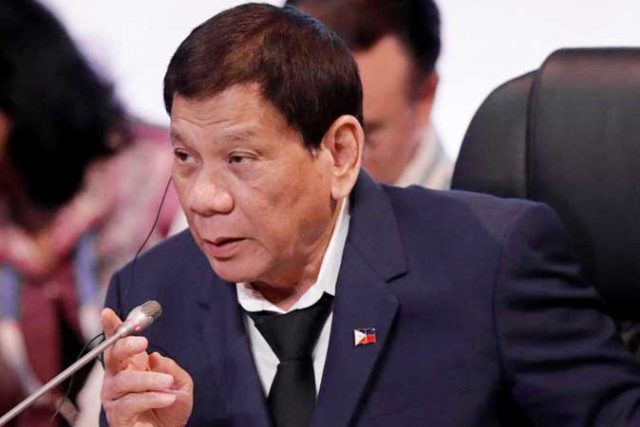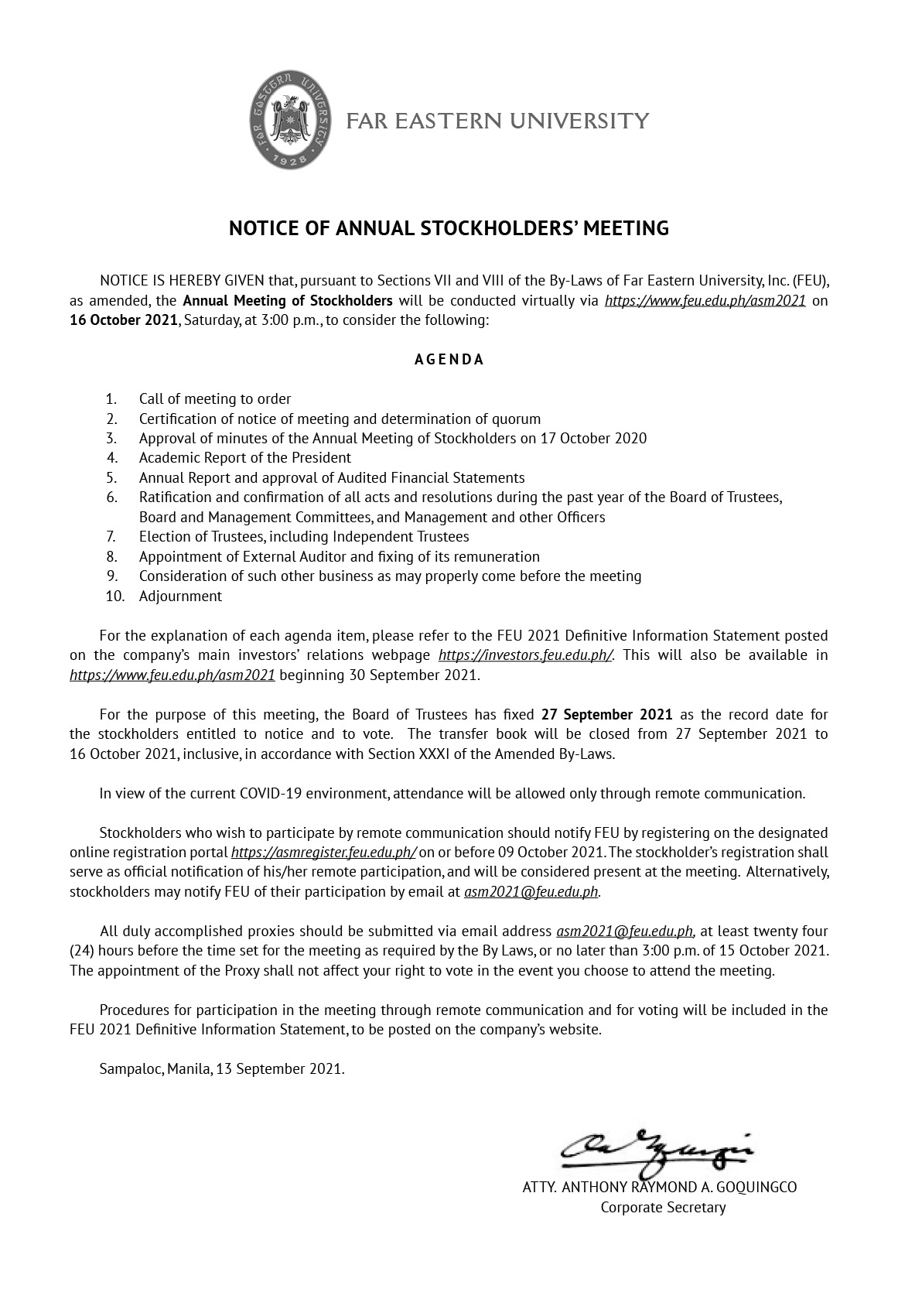Digitally speaking
MESSAGING via SMS or online chat has become the normal form of communication, even for masked couples physically in the same place — “When I am dead, my dearest, sing no sad songs for me.” This can be met with an emoticon of surprise.
With billions of messages a day sent just in this country, the numbers surging even higher with free online apps, do people still have regular conversations outside the home? Is there a decline in verbal exchanges with turn-taking, arguments, and interaction where one can display erudition by mentioning that Da Vinci’s Last Supper was his only mural and discussing the impact of the pandemic on local art auctions? (Do people still talk like this?)
Is digital dialogue a real conversation?
Messages are abbreviated and with word prediction algorithm can end up being cryptic. (About that supper, did you mean Da Vinci or Denny’s?) There can also be a lag time in the response. (I was in a Zoom meeting.) The absence of clues like inflection of voice or raised eyebrows removes emotional context, like enthusiasm or dismay.
When she replies to a possibly seductive wink (How’s the rose garden?) with an exclamation point, was she puzzled or offended? When the reply is delayed, did she just pause to get a glass of water or was she turned off?
Virtual communications do not provide body language clues. Words are delivered without inflection. There is no meditative pause or a hesitation where the body tenses before an emphatic phrase is delivered. The glow of joy at an uttered endearment is replaced by an emoticon, an ovoid creature with puckered lips.
Face-to-face conversation, even with masks, is digitally framed too. It’s called an eyeball meeting (or in-person) as opposed to winking from home (WFH). Even when a couple is physically together, they may be absorbed by their digital toys: playing games, sharing political posts, or texting other people.
Digital conversations tend to stick to a single topic at a time and rarely jump outside the thread. Otherwise, there is a mystified head-scratching when a new and unrelated topic pops up. Virtual meetings even have an agenda and the need to raise a digital hand to be given permission to ask a question, or interrupt the speaker — do you see my charts?
Real conversation meanders. It flows like a river, twisting around rocks and driftwood, deep in some parts, shallow in others, moving fast one moment and then slowing down over an alligator’s back. It requires intimacy and the license to be irrelevant — why are you bringing that up now?
Conversation used to be a form of direct social intercourse requiring no digital intermediary or energy source (I have to charge my phone). Homes would feature some found object as a “conversation piece.” This can be a discarded and un-tuned piano retrieved from a dump site and tuned and buffed like new. The serendipitous discovery of such a treasure sparks comment and elicits delight in discussing the importance of music in the home and the discovery of some hidden talent — have you composed a sonata yet?
The digital culture may have gotten us closer to a paperless office using e-mails and SMS instead of memos and physical meetings. And the pandemic, with its various (and variable) statuses, has only accelerated the digital alternative. In real conversations, spoken words cannot be retrieved or deleted after some deep breathing. They’re already out there irretrievable in their impact. Wait, that is an inappropriate word: I meant morose, not moron. Sorry, you cannot delete.
At the height of the ’60s (age alert) soirees (literally, evening gatherings) were a form of mass dating for college students, usually from two non-coed schools. In the soiree, a “good conversationalist” can be a prized person who probably can’t dance or have flat abs. He may have very thick eyebrows that form a single line. But he can discuss the migration pattern of the monitor lizard and the impact on local governance of the Spanish colonization.
The aim of the tea party was to secure a phone number or two. In that era of the fixed line, a call had to go through the one picking up — Hey Sis, it’s that moron you are trying to avoid.
Digitally speaking, confirming appointments, and getting agreements on decisions are efficiently accomplished. As for appreciating a person and the quality of her shampoo, only a face-to-face meeting can delight… as well as disappoint.
Tony Samson is Chairman and CEO of TOUCH xda


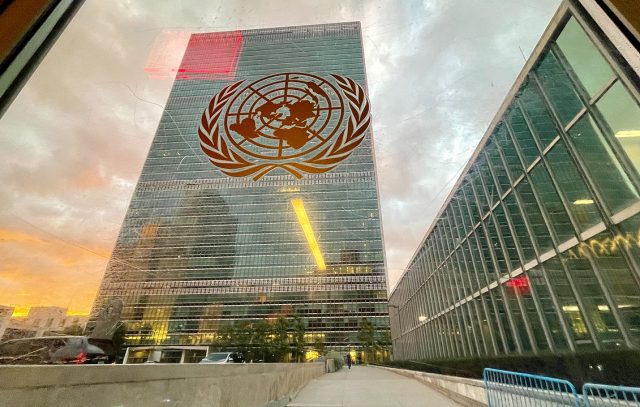
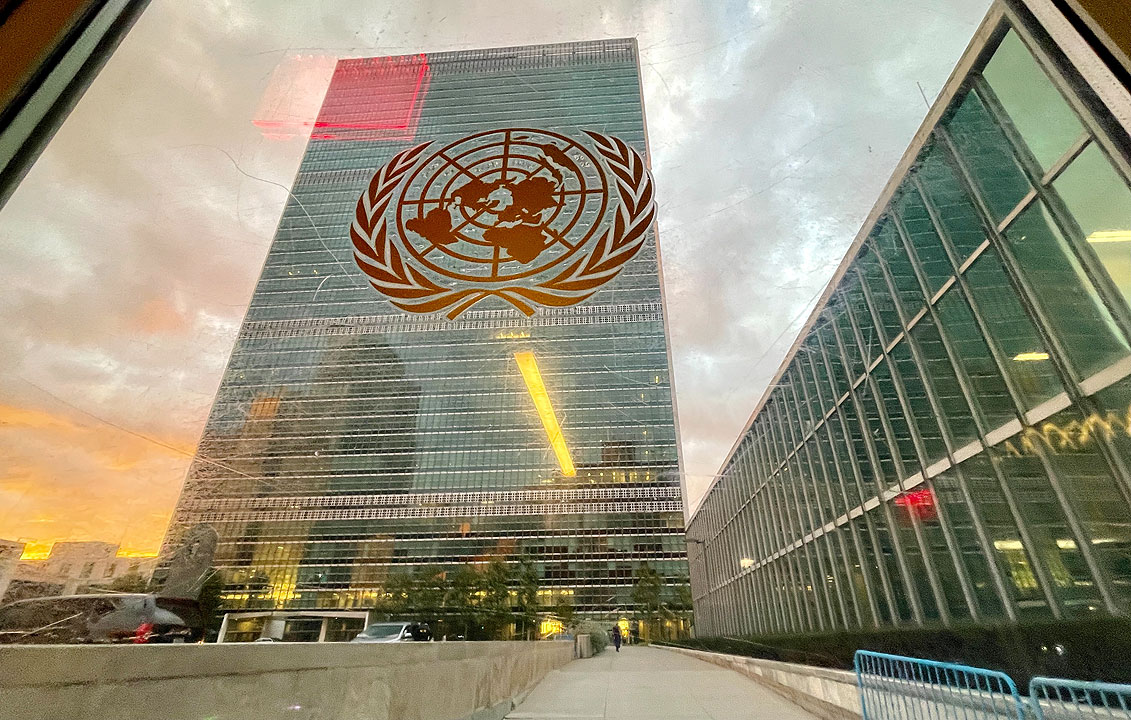
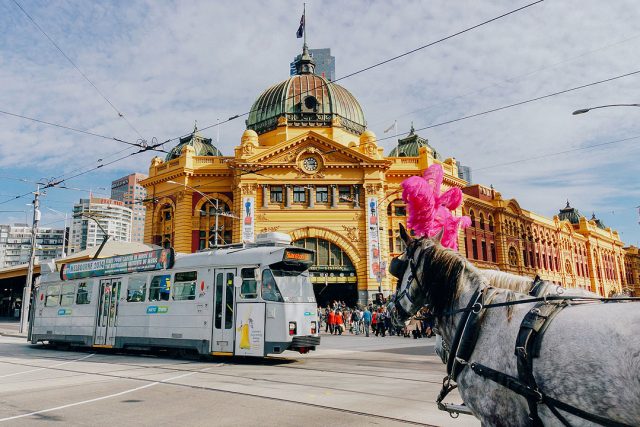
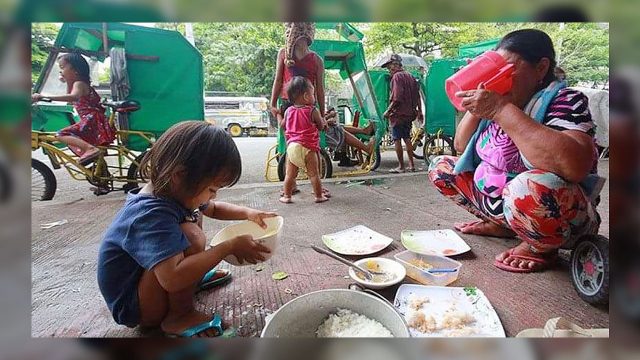

 The award-giving body acknowledged the foundation for its pooled testing program, relief assistance forfamilies affected by the health crisis and COVID-19 initiatives designed to support health workers.
The award-giving body acknowledged the foundation for its pooled testing program, relief assistance forfamilies affected by the health crisis and COVID-19 initiatives designed to support health workers.